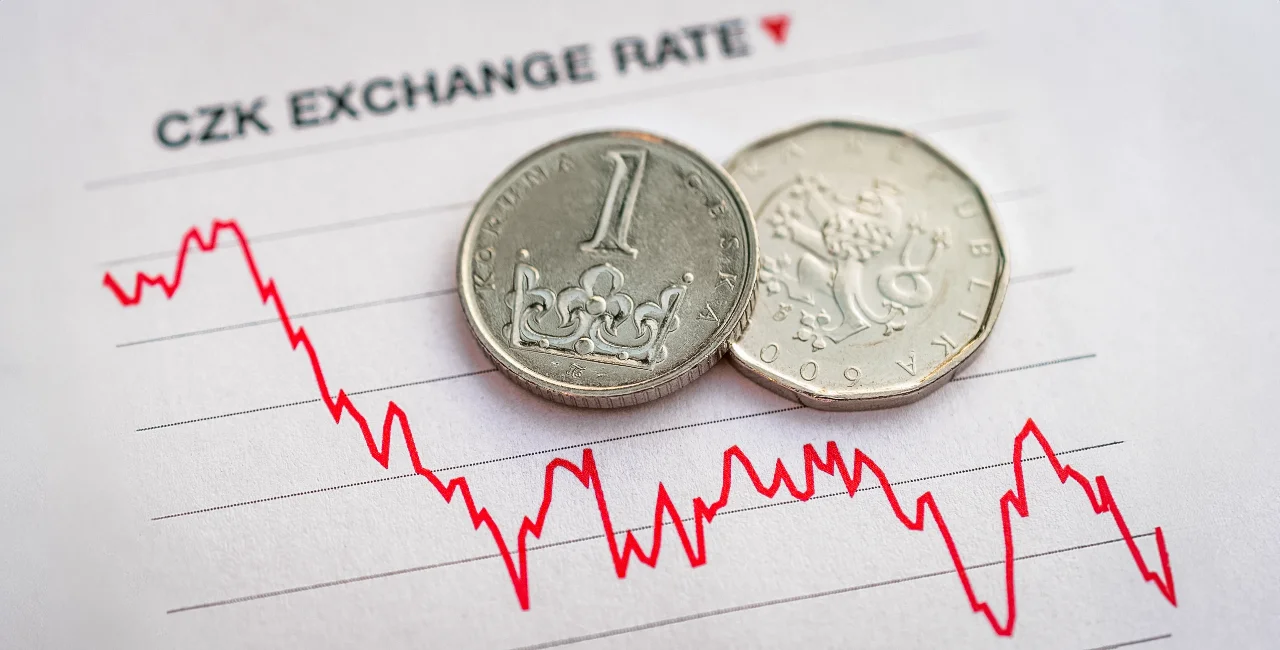The Thursday decision of the Czech National Bank (CNB) to cut the country’s base interest rate by half a percentage point, to 6.25 percent, triggered a further depreciation of the Czech crown. Against the euro, it is now at its weakest level in almost two years.
The CNB based its much-anticipated move on declining inflation rates in Czechia and its goal of easing monetary policy as the economy tries to exit its slump. The current rate is now at its lowest level since June 2022 – in December, the CNB also cut interest rates by one-quarter of a percentage point.
With inflation forecast to continue easing, Czechia’s central bank has said it may further cut rates in March and May as it attempts to stimulate consumer spending.
Low interest rates stimulate borrowing, incentivize spending, and encourage investment in assets like stocks and real estate. They reduce the cost of borrowing for businesses and individuals, facilitating economic growth and spending.

Following the move, the Czech crown has an exchange rate of around EUR 1: CZK 25.18 (as of Friday morning) – the last time the national currency was this weak against the euro was around early May 2022. Since mid-April 2023, when the exchange rate was EUR 1: CZK 23.3, the crown has been on a broadly depreciating trend due to Czechia’s struggling economy, high inflation, and lack of foreign investor confidence.
The crown is also struggling against the U.S. dollar. As of Feb. 9, the exchange rate is hovering around USD 1: CZK 23.4. The crown has fluctuated against the dollar since early 2022, though, and had the same exchange rate as recently as mid-October 2023.
Reducing the interest rate makes holding a currency less attractive for investors seeking higher returns. As a result, demand for the currency decreases, causing its value to depreciate relative to other currencies.
With the number of property purchases and new mortgages having declined rapidly due to high interest rates (and rising prices), the CNB hopes this move will tempt more people to take out mortgages.
This corresponds with the CNB’s decision in 2023 to ease the requirements of taking out a mortgage by, in simple terms, allowing people with more debt and lower income to accrue a mortgage.












 Reading time: 2 minutes
Reading time: 2 minutes 


 English
(Proficient)
English
(Proficient)





















